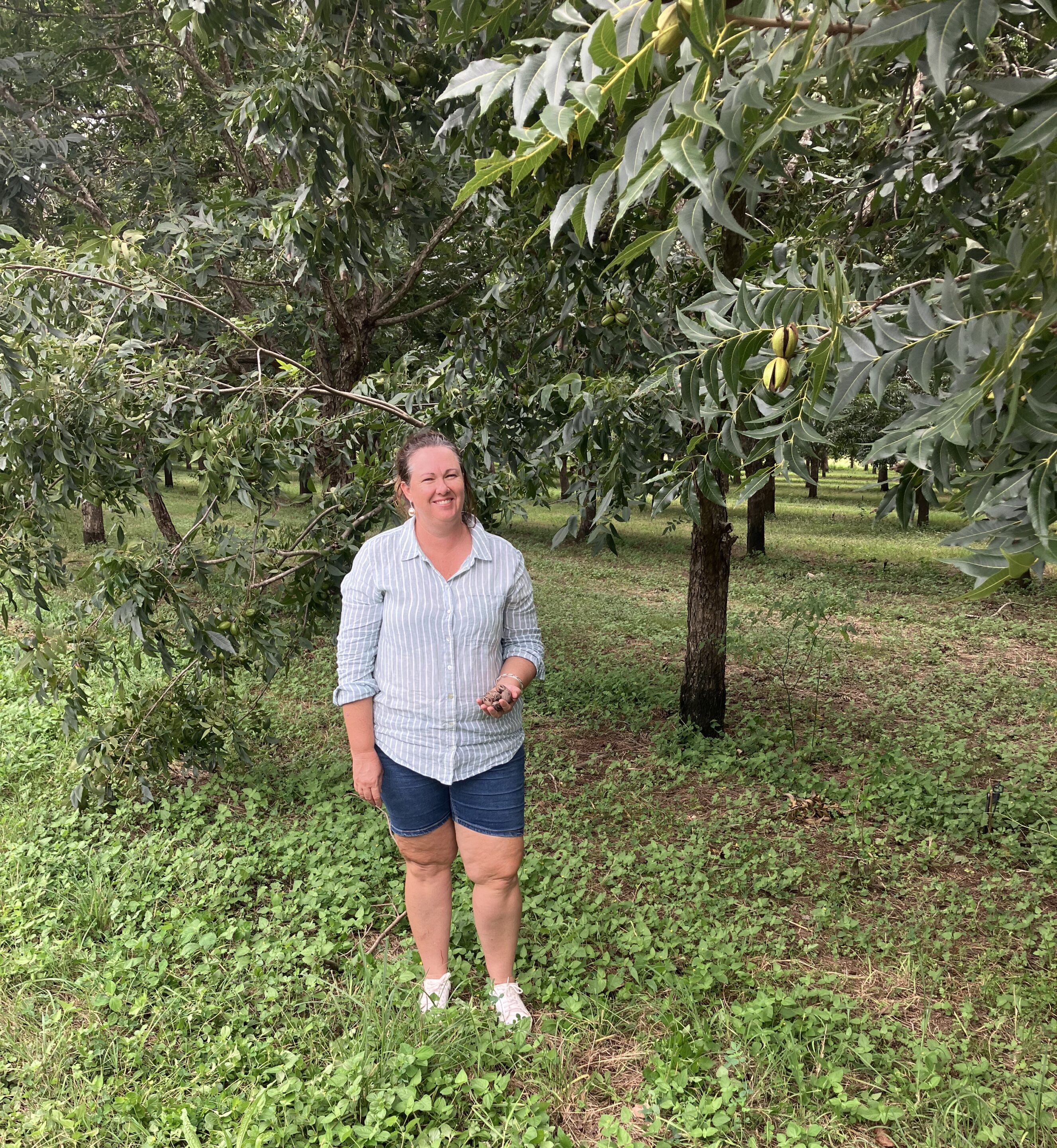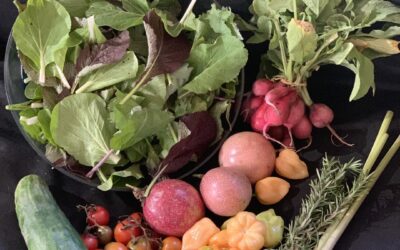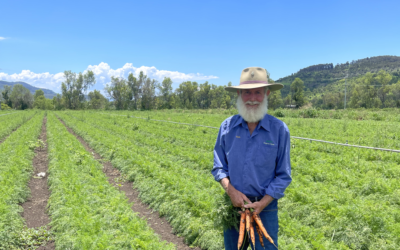It is not uncommon to wake to your alarm and then sit on your phone, glancing at new notifications and browsing through your various social media apps. This mindless scrolling links us to hundreds of news stories and information from around the globe. Unfortunately, what we are not aware of is the pervasive, subtle and often unrecognisable advertising that is behind much of these news stories. As we spend more and more time on social media, we are bombarded with nutrition and health information from a range of individuals and organisations… some credible and some not so much! On any one day you may receive thousands of bits of information about diets, nutrition, weight loss, detoxing, miracle pills and more! The health and wellness industry makes billions of dollars every year, which means that there are many individuals and companies looking to get in on a piece of the action, who are happy to promote manipulated and potentially harmful information in order to sell a product. So how can we make sense of the conflicting nutrition messages we often read or hear and be confident in the information that we choose to trust?
Here are 4 key things to remember next time you are scrolling or picking up the new diet best seller:
- Do not get sucked in by sensationalist copy e.g. “How to drop a dress size in a week”. If it sounds too good to be true it probably is!
- Look out for buzz words such as “detox” and “cleanse” … our body has an amazing detoxification system that just needs healthy foods, clean air and water to function!
- Be aware of diets that remove entire food groups; a few examples are keto diets, gluten free diets (unless advised by a medical professional), vegan and paleo diets. The food groups these diets eliminate contain important vitamins and minerals we need to function at its best. It is always best to speak to your GP or Accredited Practising Dietitian before deciding to try any diet such as this.
- Look for the author’s credentials. It is important to recognise if these people have any nutrition or health background. Look for author’s who are APD’s and/or registered nutritionists, these individuals are responsible to larger governing bodies.
QCWA Country Kitchens prides itself on providing high quality, scientific, evidence-based information in a way that is easy to understand. Our key messages may seem simple, but they were developed from a large base of scientific evidence, as effective steps to a achieve a healthier lifestyle. As a team, when we come across information on the internet or in a new diet book, we ask ourselves these eight simple questions. By asking yourself this set of questions, it will help you determine the quality of health information from a website, blog, social media account or book.
- Who is behind this information? Investigate who runs the site or their social media profile? Check to see that the website, book or profile is linked to a trustworthy individual, institution or organisation. Remember, anyone can make a website or create a social media profile!
- Why have they created the site or post? Is the website or post marketing a product? Do they want you to buy something or pay for a subscription? Some websites and posts will make false nutrition/health claims to support their products. Many celebrities will also support these false claims for money.
- Who is paying for the site/page? Many social media pages and celebrities receive paid sponsorship for endorsing products, and this creates a conflict of interest. Look for any paid partnerships sometimes tagged as #ad #sponsorship #partnership in the picture caption.
- Is the information reviewed by experts? Look for references and links to reliable studies and credible qualified health professionals.
- Where did the information come from? Look for links to credible organisations, government, or universities. For pages run by individuals, check to see their credentials. Do they have qualifications in nutrition, dietetics, or health? Are they part of a registered professional body or organisation?
- Does the site make unbelievable claims? If it sounds too good to be true it probably is!
- Is it up to date? Ensure the site is not re-using claims from decades old research. Some sites will say when the page was last updated when you scroll to the bottom.
- Do they want your personal information? What for? Assess what the site wants you to do next!
If you are looking for credible nutrition information, check out https://www.eatforhealth.gov.au/ or you can always contact the Country Kitchens team at countrykitchens@qcwa.org.au.


